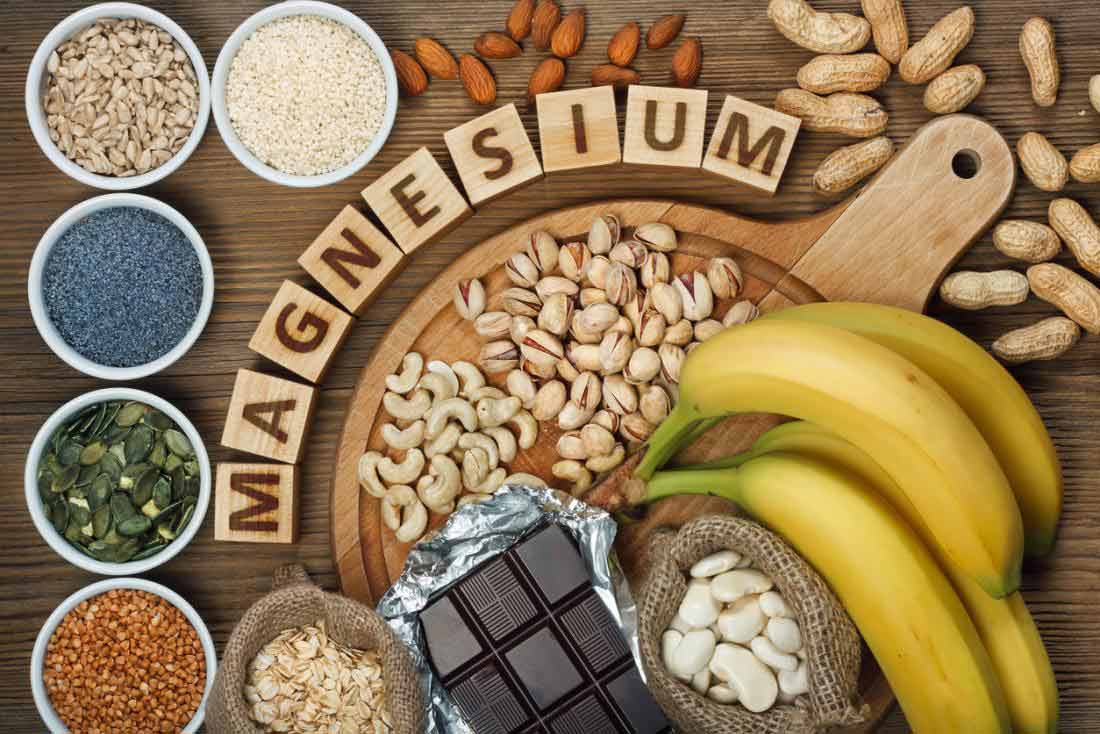Magnesium is a vital mineral that plays a crucial role in numerous bodily functions. It is involved in muscle and nerve function, energy production, bone health, and blood sugar regulation. Magnesium deficiency is widespread, affecting up to 70% of the population.
Warning Signs of Magnesium Deficiency
If you are concerned that you may be magnesium deficient, it is important to be aware of the warning signs. Some of the most common symptoms of magnesium deficiency include:
- Muscle cramps: Magnesium is essential for muscle function. A deficiency can lead to muscle cramps and weakness.
- Anxiety and irritability: Magnesium helps to regulate the nervous system. A deficiency can lead to anxiety, irritability, and restlessness.
- Fatigue: Magnesium is involved in energy production. A deficiency can lead to fatigue and weakness.
- Poor sleep: Magnesium helps to regulate melatonin, the hormone that controls sleep. A deficiency can lead to insomnia and restless sleep.
- High blood pressure: Magnesium helps to relax blood vessels, which can help to lower blood pressure. A deficiency can contribute to high blood pressure.
- Headaches: Magnesium helps to regulate brain function. A deficiency can lead to headaches and migraines.
- Irregular heartbeat: Magnesium helps to regulate the electrical activity of the heart. A deficiency can lead to irregular heartbeats.
- Numbness and tingling: Magnesium is essential for nerve function. A deficiency can lead to numbness and tingling in the hands and feet.
- Premenstrual syndrome (PMS): Magnesium can help to relieve PMS symptoms such as bloating, cramps, and mood swings.
- Osteoporosis: Magnesium is essential for bone health. A deficiency can increase the risk of osteoporosis.
How to Get Enough Magnesium

The best way to prevent magnesium deficiency is to eat a healthy diet that includes plenty of magnesium-rich foods. Some of the best sources of magnesium include:
- Leafy green vegetables: Spinach, kale, and broccoli are all good sources of magnesium.
- Nuts and seeds: Almonds, cashews, and pumpkin seeds are all good sources of magnesium.
- Whole grains: Brown rice, quinoa, and oats are all good sources of magnesium.
- Legumes: Lentils, beans, and peas are all good sources of magnesium.
- Dairy products: Milk, yogurt, and cheese are all good sources of magnesium.
If you are concerned that you may be magnesium deficient, it is important to talk to your doctor. They can help you determine if you are deficient and recommend the best way to get more magnesium in your diet.
Conclusion
Magnesium is an essential mineral that plays a crucial role in numerous bodily functions. It is important to be aware of the warning signs of magnesium deficiency so that you can get the treatment you need.

